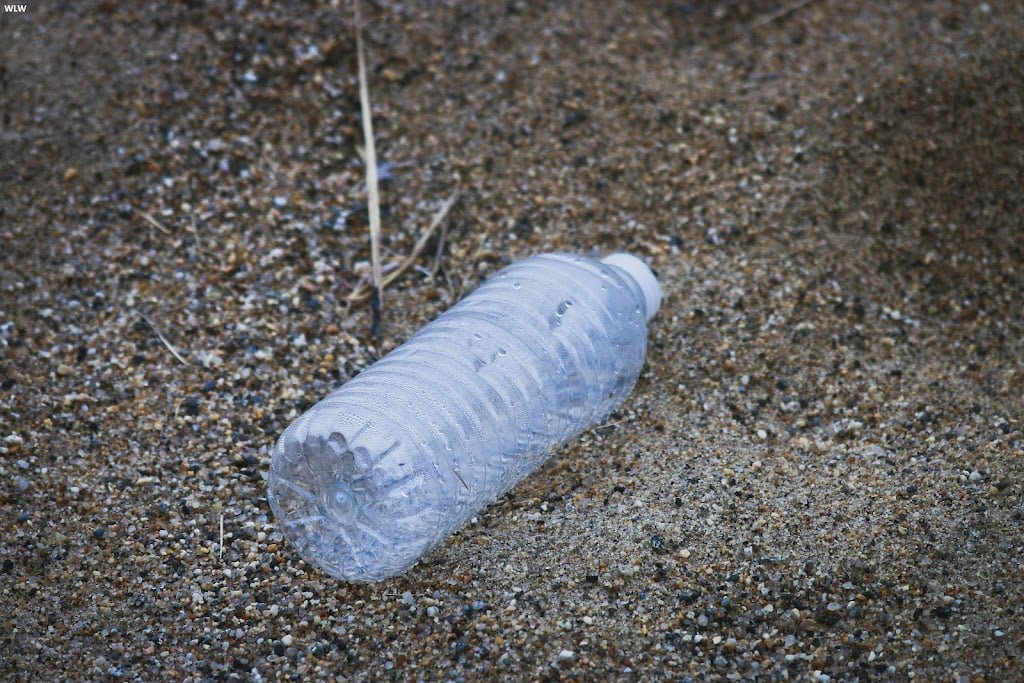By becoming a member of our site, you can add the content you like to your favorites, and present the content you have produced or liked on the internet to our site visitors with the send content option.
Zaten bir üyeliğiniz mevcut mu ? Giriş yapın
By becoming a member of our site, you can add the content you like to your favorites, and present the content you have produced or liked on the internet to our site visitors with the send content option.
You Can Benefit from All Options Exclusive to Our Members by Registering
Next Content:
Renewable Food Systems: Sustainable Agriculture Practices
- Home Page
- #bioplastics
- Renewable Materials: Advancements in Bioplastics and Recycling
Renewable Materials: Advancements in Bioplastics and Recycling
The quest for sustainable and eco-friendly materials has led to significant advancements in the field of renewable materials, with a particular focus on bioplastics and recycling. As concerns over plastic pollution and climate change mount, there is a growing need to transition away from traditional petroleum-based plastics towards more sustainable alternatives.
Bioplastics, derived from renewable biomass sources such as plants, algae, and bacteria, offer a promising solution to the plastic pollution problem. Unlike conventional plastics, which are derived from fossil fuels and contribute to environmental degradation, bioplastics are biodegradable or compostable, making them less harmful to the environment.
One of the most widely used bioplastics is polylactic acid (PLA), which is derived from corn starch or sugarcane. PLA is biodegradable and can be composted under industrial conditions, offering a viable alternative to conventional plastics in applications such as packaging, disposable tableware, and food containers.
In addition to PLA, researchers are exploring a wide range of biomaterials for use in bioplastics, including cellulose, starch, and proteins. These renewable materials offer unique properties and can be tailored to specific applications, providing versatility and functionality while minimizing environmental impact.
Furthermore, advancements in recycling technologies are enhancing the sustainability of plastic materials by enabling the recovery and reuse of valuable resources. Mechanical recycling processes, such as shredding and melting, are commonly used to recycle traditional plastics, but they are often limited by factors such as contamination and degradation.
Chemical recycling, on the other hand, offers a promising alternative by breaking down plastics into their molecular components, which can then be used to produce new materials. This closed-loop approach to recycling has the potential to significantly reduce the environmental impact of plastics by minimizing waste and conserving resources.
Moreover, the development of innovative recycling technologies, such as enzymatic and microbial degradation, is expanding the range of plastics that can be recycled. These biological processes harness the power of enzymes and microorganisms to break down plastics into simpler compounds, facilitating the recovery of valuable resources and reducing environmental pollution.
Despite the progress made in the field of renewable materials and recycling, significant challenges remain. Scaling up production of bioplastics to meet global demand while ensuring sustainable sourcing of biomass is a complex task that requires collaboration between industry, government, and research institutions.
Similarly, improving the efficiency and scalability of recycling technologies, as well as addressing issues such as infrastructure and consumer behavior, are critical for advancing the circular economy and reducing plastic waste.
In conclusion, renewable materials, such as bioplastics, and advancements in recycling technologies hold great promise for addressing the environmental challenges associated with plastic pollution and climate change. By embracing sustainable alternatives and promoting a circular economy approach, we can reduce our reliance on finite resources, minimize waste, and build a more sustainable future for generations to come.
We offer our respects and wish you a good reading. – Who Learns What? Team!
Dont forget the comment here mate! 🙂 you can connect us!
- On-Site Comments






















